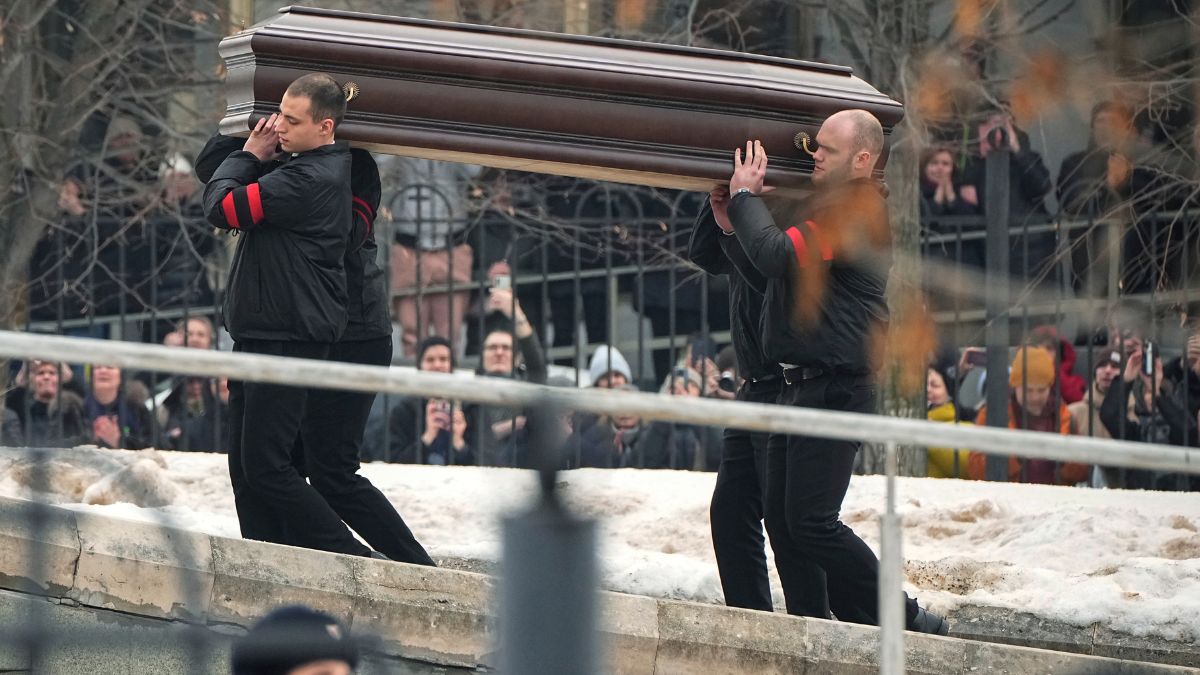SKHIRATE, Morocco (Reuters) - Libya’s warring factions held United Nations-backed talks in Morocco on Thursday seeking to end the conflict between two rival governments that threatens to drive the North African oil state into civil war.
Air strikes between rival forces had escalated before Thursday’s negotiations on Libya, where Western governments worry spreading chaos allows Islamist militants to gain ground in a threat to mainland Europe across the Mediterranean.
The internationally recognised government and elected House of Representatives have operated out of the east since an armed alliance known as Libya Dawn took over the capital in summer and set up its own self-declared government.
Both governments are backed by heavily-armed alliances of former rebels who fought together to oust Muammar Gaddafi in 2011 but later fell out over control of oil wealth.
Western officials see the U.N. talks as the only hope to form a unity government and halt fighting. But previous talks yielded little.
“Key players are here and all those invited have come, so it is a good sign,” United Nations Libya mission spokesman Samir Ghattas said.
Delegates at the talks in coastal town of Skhirate near Rabat met separately with the United Nations mediators.
OIL FIELDS CLOSED
Tripoli representatives said one delicate point would be the role of Khalifa Haftar, a former Gaddafi ally, who last year began his own military campaign against Islamist militants in Benghazi. He is now the recognised government’s army chief.
Libya’s North African neighbours are also concerned about spillover and the growing threat of Islamist militants claiming ties to Islamic State in Iraq and Syria.
Just before the Morocco talks, Libyan forces from the recognised government said they would halt air strikes for three days.
Warplanes from both factions have for three days hit Tripoli’s Maitiga, oil ports in the east and an airport in the western down of Zintan, but without causing major damage.
The North African OPEC state declared force majeure and halted production on 11 oilfields late on Wednesday because of deteriorating security after Islamist fighters overran the Bahi and Mabrouk fields in the central Sirte basin.
Fighting had already closed two main oil ports, Ras Lanuf and Es Sidra, leaving Libya’s production at around 400,000 barrels per day, less than half the 1.6 million bpd it produced before the NATO-backed war that ousted Gaddafi.
Most diplomats and foreign companies pulled out of Libya in the summer when fighting escalated and Libya Dawn, an alliance of former rebel brigades mostly loyal to Misrata city, including some Islamist brigades, took over the capital.
(Additional reporting by Ahmed Elumami in Tripoli and Ayman Al-Warfalli in Benghazi and Lamine Chikhi in Algiers; Writing by Patrick Markey; Editing by Ralph Boulton)
This story has not been edited by Firstpost staff and is generated by auto-feed.


)




)
)
)
)
)
)
)
)